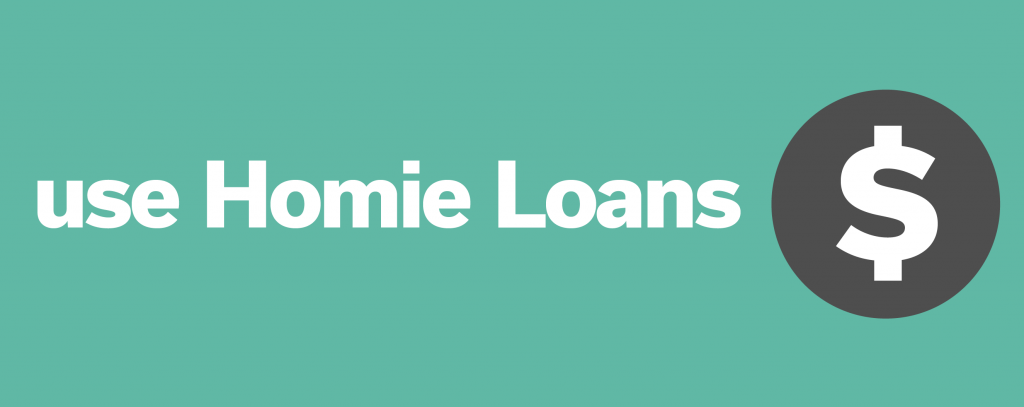Having to compete against all-cash investor offers when trying to buy your first home is becoming all too real in Utah and Phoenix. All-cash offers accounted for over 27% of all single-family home and condo sales at the end of 2016, many of which (roughly 19%) were distinguished as investment properties. And, with investors typically purchasing properties in the “starter-home” range (between $150,000-$250,000), first-time home buyers must be creative with their offers in order to stay competitive.
So what can buyers do to place themselves in a better position? Here are some strategies to consider:
#1. Bring your best game face
The most straightforward way to compete with an all-cash investor offer (or any potential bidding war, for that matter) is to present your strongest offer first. When you leave nothing on the table, you can rest assured knowing that you gave it your best shot. In a competitive seller’s market, this can mean a full-price or above-asking offer.
#2. Become BFFs with Homie Loans
If you’re going to compete with an all-cash offer, being pre-qualified is the bare-minimum. A pre-qualification letter says your lender or mortgage broker has reviewed your basic information and feel like you’re qualified to purchase, but no documentation has been supplied.
If you want to take that a step further (and you do, because #mustcompete), talk to* about getting a pre-approval letter, not just a pre-qualification letter. Pre-approval means your mortgage broker has documented your income and other financials and that you’re approved for a specific mortgage amount. This can demonstrate to sellers that you’re a serious contender.
#3. Drop some cash up front
Earnest money is essentially a “deposit” that you put into an escrow account once a signed agreement is reached. Like a pre-approval letter, beefing up your earnest money deposit can show you mean business and aren’t likely to back out of the deal. Investors often skimp on (or even exclude) earnest money in their offers, as they don’t want to tie up their funds—so this can give you a leg up on the competition.
Although it can vary based on where you live, earnest money of 1% of the purchase price usually the minimum and an earnest money deposit of 2-3% can start to woo your seller.
#4. Make it quick and painless
When you make an offer on a house, there are a myriad of contingencies you can add in order to protect yourself during the transaction. If you’re competing against an investor who will likely not require an inspection, for example, perhaps you reduce your inspection time. This can be risky, so be sure you’re confident in the condition of the house before taking this action.
Similarly, if you’re working with Homie Loans, they can get you basically most of the way through underwriting (called pre-underwriting), shortening the length of time needed to close order to compete with an all-cash offer that ish likely close quickly.
#5. Woo the seller
There are two main strategies here: 1) find out what the seller’s motivations are and 2) let them know YOUR motivations. Perhaps the seller is in a pinch and needs to move quickly. Having this intel means you can structure your offer to suit their needs (in this case, to close quickly). Always ask: “why are you selling?”
Likewise, let them know YOUR motivations. Perhaps they’ll be more inspired by a first-time homebuyer looking to start a family in the neighborhood where they spent their own childhood versus a real estate investor looking to flip their home in 60-days. Include a letter of intent with your offer —you never know!
#6. Go where they can’t
There are few scenarios in which all-cash investors don’t have the upper hand, but purchasing a foreclosure that was backed by a government agency like the VA, USDA, FHA, etc. can mean having first dibs before investors. These agencies often give preference to families and individuals who will be using the home as a primary residence and even have restriction periods where investors must wait to submit their offers.
Check their websites for lists of available foreclosures and watch the bid dates so you can beat others to the punch.
#7. Pull out all the stops
When all else fails (or when you love the house so much that you can’t stand to possibly miss out), you may need to gather some cash and compete apples-to-apples. It’s not uncommon to see first-time homebuyers’ parents refinancing or taking out another mortgage on their already-paid-for-home in order to give their kids the cash they need to compete.
Similarly, first-time homebuyers are also borrowing money from their parents to offer a larger down payment or escrow deposit. If you’re able to get your hands on a lump sum of cash, be sure to submit a “Proof of Funds” letter with your offer to indicate you really do have the buying power you’re suggesting.
You’ve got this. Homie’s got your back.
Whether you’re trying to win against an all-cash investor offer, or you’ve found yourself in a multiple-offer situation (or you just really, really want the house), talk to your Homie agent about ways you might be able to make your offer as desirable as possible. Sometimes your Homie agent can chat with the owner’s agent and get the inside story of what might make the difference for a particular owner. We’re going further for you, and you can keep up to 50% of our commission** when you work with a Homie Buyer’s Agent.
* Homie Loans (NMLS # 1016597) and Homie have a business relationship in that both are owned by the same persons.
**Subject to terms and conditions outlined in the Buyer Broker Agreement.



